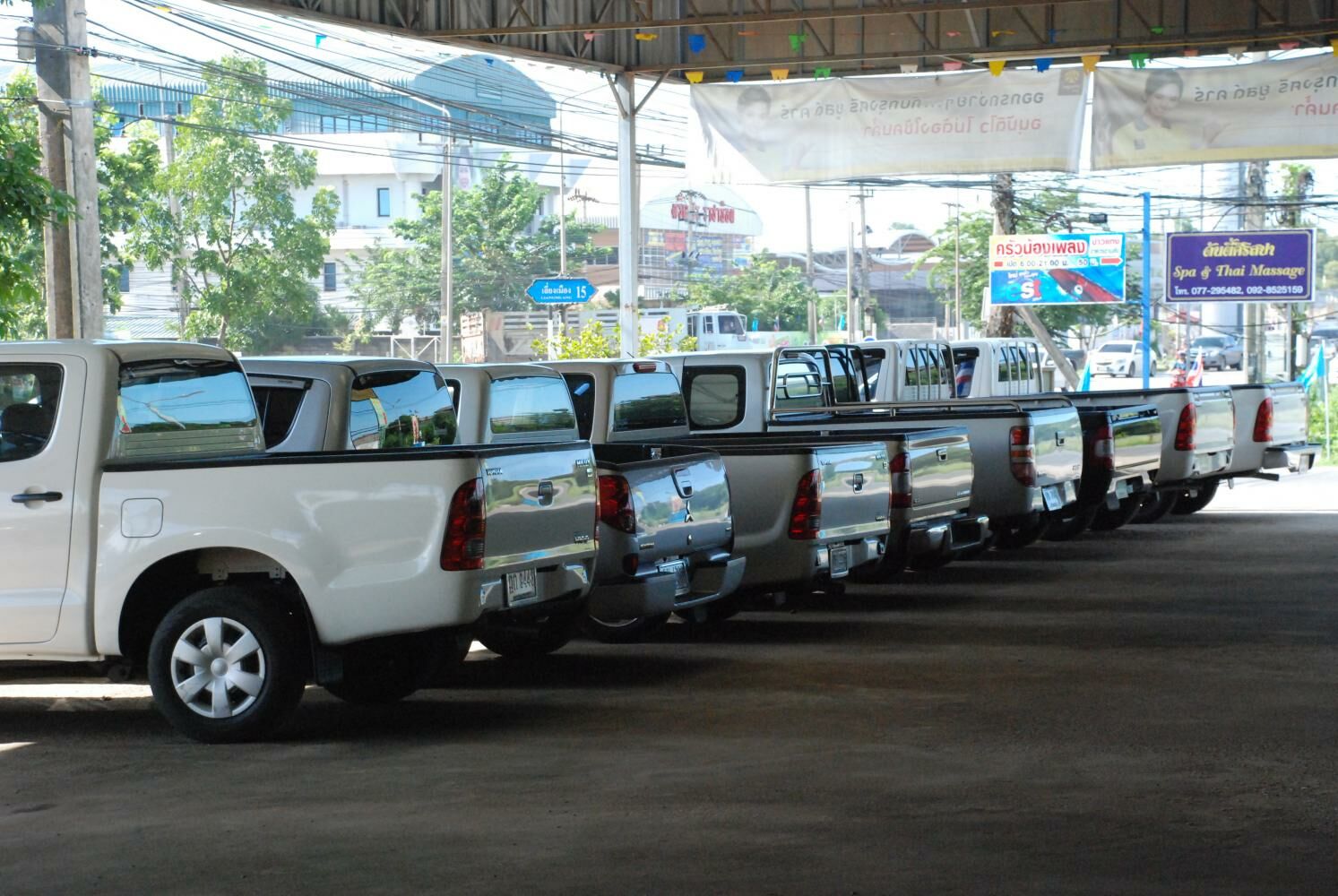Thai industries shift from traditional car parts to electric vehicle components

A deal has been struck between the Federation of Thai Industries (FTI) and global car manufacturers to aid approximately 1,700 local auto parts manufacturers in transitioning from the production of traditional internal combustion engine (ICE) car parts to those for electric vehicles (EVs). Evolving global campaigns for zero-emission vehicles necessitate this shift.
The FTI is facilitating collaborations between local manufacturers and automakers hailing from Japan, Europe, the US, and China. This is being accomplished under the FTI Future Mobility-ONE (CFM-ONE) unit, established to bolster the development of Thailand’s automotive industry.
Chinese car manufacturers are currently making strides in the development of EV and battery technologies, alongside expanding their investment in Thailand. “The FTI has joined hands with seven Chinese EV manufacturers to support and help [Thai] auto parts companies transform their ICE-related technology into one that suits EVs,” articulated Suphot Sukphisarn, the chairman of the FTI’s Auto Parts Industry Club and secretary of CFM-ONE.
He further stated that the federation and Chinese car companies have committed to aiding auto parts producers in enhancing their technology and business operations. The majority of these 1,700 companies are small to medium-sized original equipment manufacturers, classified as tier 2 and tier 3 in the auto parts supply chain. Tier 1 auto parts producers are typically subsidiaries of global car companies, reported Bangkok Post.
“Up to 70% of the auto parts are needed for the production of pickups while the remaining 30% are used for passenger cars,” stated Suphot. The government has a policy mandating that 70% of auto parts utilised by ICE car manufacturers be locally produced.
However, the introduction of Chinese EV manufacturers into the Thai market has sparked concern amongst local auto parts manufacturers. Chinese companies not only sell EVs but are simultaneously developing their own auto parts supply chain.
The FTI is advocating for government support of auto parts companies and manufacturers still producing ICE-powered vehicles. They are pushing for the identification of markets that continue to require regular ICE-powered vehicles. Suphot stated, “Though the world is campaigning for net-zero targets, we believe there must be countries that still need ICE cars rather than battery EVs.”
According to the FTI, the automotive industry constitutes 11% of the country’s GDP and is responsible for 750,000 jobs. Thailand, being the world’s 10th-largest manufacturer of ICE-powered vehicles, exports cars to more than 170 countries.
Latest Thailand News
Follow The Thaiger on Google News:


























